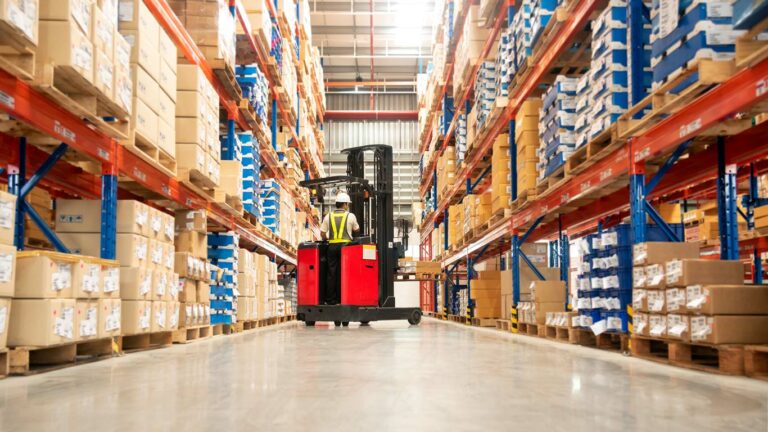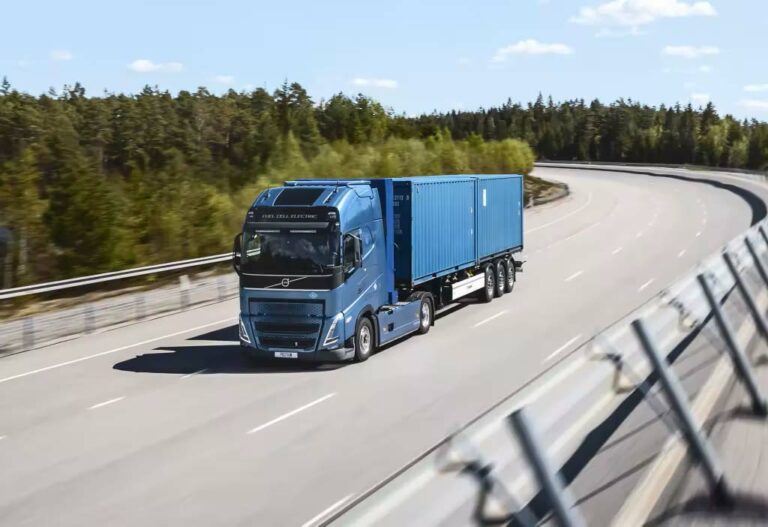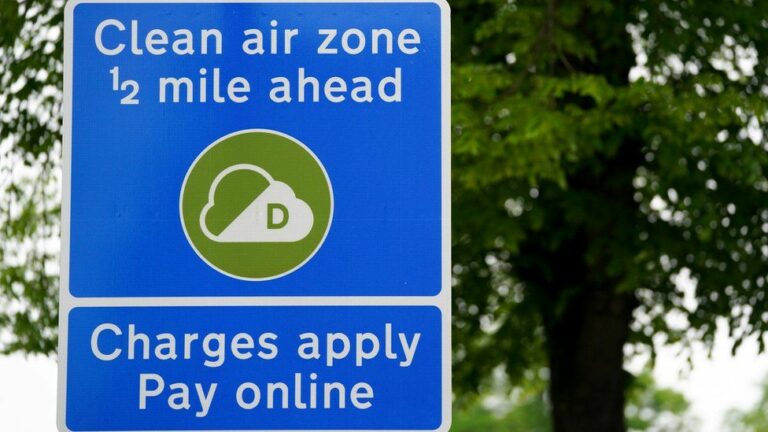I had an interesting chat with one of my HGV fleet insurance clients recently. Having renewed his truck insurance with us, he asked me if we could insure electric trucks? My answer was yes, but I went on to say that, as yet, we’ve had very few people asking for electric truck insurance quotes. He laughed, replying, ‘Trust me, you will. It’s electric or bust!’
His confident assertion got me thinking. Are electric trucks the future, and if so, why? Back in 2020, Mark Russell, Nikola Motor President, said, ‘Electric trucks are the inevitable future’. Three years later, requests for electric truck insurance quotes are still thin on the ground. Most of the hauliers and logistics clients I talk to see EV as some far-off idea that they may (or may not) have to deal with at some point. The Government has said it won’t ban diesel trucks until 2040, and as yet, they haven’t announced a date as to when these vehicles will be banned from the roads.
If you investigate this more closely, you’ll see that things are moving on. You’ll also see that there are good commercial reasons why giants like Amazon have started rolling out their 10,000-strong EV fleet now.
To my mind, there are five good reasons why hauliers and logistics companies need to start the transition to electric vehicle fleets now. These are:
- Cost savings – according to a new report from Transport & Environment, battery electric trucks will be cheaper to run than diesel on city, urban and regional routes by the early 2030s. It also states that a set of “simple and straightforward” policy interventions – such as the UK Government’s £30m grant for energy storage – could see EVs become more cost-effective this decade.
The price of electric vehicles, be they cars, vans or trucks, are higher than for fossil-fuelled vehicles at present. TNO recently reported that the cost of buying an electric truck would reach price parity by 2030 and be up to 10% cheaper than a diesel equivalent by 2040. They also confirm that maintenance costs will be significantly lower. Their modelling, based on ICCT figures from 2021, shows that the maintenance costs per 100km are:
- £15.83 for diesel
- £11.30 for a BEV (battery electric vehicle)
- £13.58 for an FCEV (fuel cell electric vehicle)
While these figures have considered historical diesel prices, they haven’t factored in potential hikes in diesel duty and grants for electric trucks. In an industry that’s taxed more than most, being able to lighten the tax burden by switching to EVs makes long-term commercial sense.
- Legislation – while you’ll be able to buy new diesel trucks in the UK until 2040 (2035 in Europe), the impact of this deadline will be felt much sooner. For a start, the cost of a diesel truck is likely to rise as manufacturers scale down production levels, reducing economies of scale and pushing up per-vehicle prices. Legacy fleets are also likely to become harder and more expensive to maintain as manufacturers stop supplying parts as models go into run-off.
More legislation that penalises polluting vehicles is also likely. The current Government has a long-term strategy to improve air quality across the country by discouraging the use of older, more polluting vehicles and has a short-term goal to reduce the number of areas in the UK where air pollution breaches legal limits. For hauliers and logistics firms, this means more Clean Air Zones (CAZ) and Ultra Low Emission Zones (ULEZ) and more charging. With a recent report showing harmful emissions kill as many as 36,000 people a year in the UK – more than twenty times the number who die in road accidents – action needs to be taken. Trucks that don’t meet Euro 3 emissions already have to pay £100 to enter London’s ULEZ, and a similar scheme is being considered by cities around the UK.
The Labour Party announced last week that it would put the environment at the heart of its programme if elected. It has since claimed that a “significant majority” of carbon emissions would need to be eradicated by 2030 to continue the net-zero pathway. In plain English, that’s likely to mean taxing polluting vehicles, supporting zero-emission vehicles with tax breaks, scrappage schemes and charging infrastructure investments. This will undoubtedly accelerate the move away from diesel.
- Manufacturers see fossil-free trucks as the future – Renault, Volvo and DAF, Mercedes and Scania are just some of the big truck manufacturers who have EV trucks in final testing or ready to buy. Ranges are increasing by the year, with the latest models going for up to 350 miles while charging times are falling.
Several manufacturers are working on fully electric trucks that operate in the same way that drivers do, with 4.5 hours on the road and 45-minute rests for recharging. Scania’s electric truck will be offered with either a 165 or 300-kilowatt-hour (kWh) battery pack to power its 230-kilowatt (kW) electric motor, which is equivalent to approximately 310 horsepower. The batteries can be charged by 130 kW DC using a Combined Charging System (CCS) connector and will go from flat to 80% charged in 40 minutes while the batteries are continuously charged in motion through regenerative braking energy.
The race for range is on. With the European market expected to grow by 44% CAGR by 2030, manufacturers have their sights set on a diesel-free trucking world.
- Consumers want brands with green credentials – big brand customers of haulage and logistics firms are increasingly looking to reduce their carbon footprints. This has come in response to cleaner commerce, as revealed in Deloitte’s most recent consumer attitudes survey. Their latest report is the third to ask people about their attitudes and behaviours around sustainability. It’s revealed that consumers are increasingly making conscious decisions with sustainability and the environment in mind. Reduction of the carbon footprint was a top five consideration for consumers, and the number of consumers looking to cut their carbon footprint rose by 11% on 2021’s figure.
A direct response to this can be seen in Nestle’s decision to move much of its haulage to rail. Having already switched 75% of its owned fleet of trucks from diesel to Bio-LNG, a liquefied gas that is a by-product of waste, they are seeking a lighter environmental impact. If the logistics industry doesn’t take note of developments like these, it could see its customer base whither as rail takes the strain.
- There’s no (practical) alternative (as yet), and time’s (already) running out – diesel’s doomed, hydrogen trucks are an emission-free pipe dream, and legislative programmes are likely to bring change sooner rather than later. In the UK, I can see the 2040 deadline coming forward to 2035. The cost of trucks, the need for the installation of charging equipment at depots and retraining in-house maintenance teams mean that lead times on this scale of change will be long, and the tasks involved are complex. But as my truck insurance client put it, ‘It’s electric or bust!’
Like Some Truck Insurance Help?
If you’d like some help getting the truck insurance that’s right for you, then please get in touch. You can call us on 01332 320540 or email Coversure Castle Donington.








